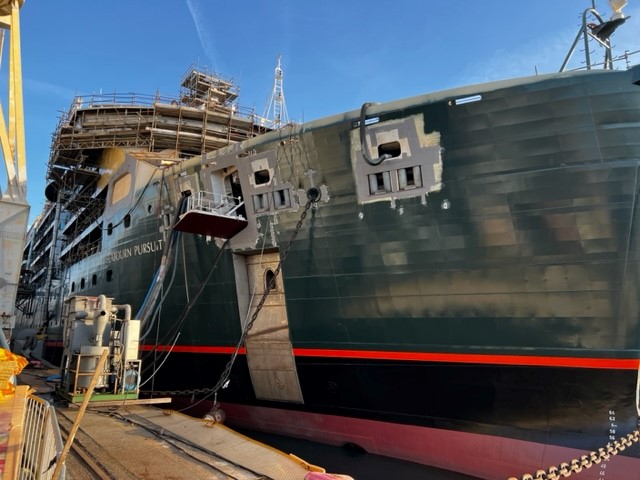Casos prácticos
Casos prácticos con sistemas de tuberías de polibuteno
La PBPSA es una asociación de líderes del mercado mundial comprometidos con el uso del PB-1 (polibuteno-1) para la fabricación de sistemas de tuberías.
La PBPSA es una asociación de líderes del mercado mundial comprometidos con el uso del PB-1 (polibuteno-1) para la fabricación de sistemas de tuberías. Los estudios de casos presentados en este sitio web describen proyectos finalizados en los que se han seleccionado sistemas de PB-1, a menudo para su instalación y uso en condiciones difíciles. También son representativos de la confianza que los principales arquitectos e ingenieros especializados depositan en los beneficios de servicio a largo plazo que ofrecen los sistemas PB-1.

Thank you! Your submission has been received!
Oops! Something went wrong while submitting the form.

















